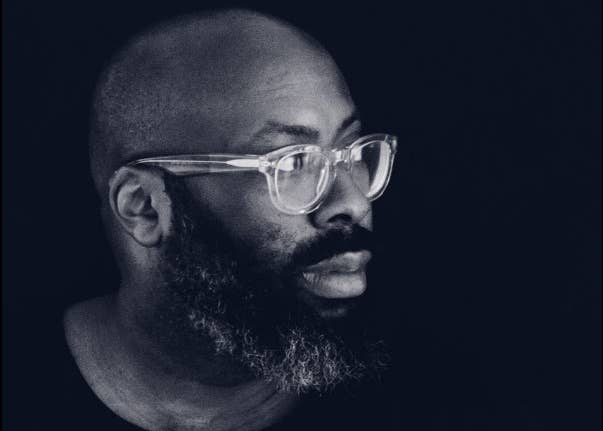Backing the essence of intentionality | Opinion
Independent fund and venture advisor Vic Bassey on the merits of backing teams with a clear identity and long term strategy
If there was ever any doubt as to what period the games industry had sauntered into, the first quarter set the tone.
With robust acquisitions ushering us into an age of content consolidation, the question for any publisher, investor, or VC looking to accrue a return on their investment is how to find games and their creators outside established IPs, but with a strong chance of establishing a foothold and community to build off.
However, most (but not all) investors tend to take a well-worn path as a way to offset their financial investment. It's what has seen the usual publishing houses build a reputation for adhering to one template, because it has and continues to pay off. However, as one looking to support new ideas either by way of small funds or through bolder financial outlays, the need to look beyond the traditional has become increasingly essential.
Christopher Dring's insightful look back at the first quarter of heavy hitters reflected on the resurgent success of the premium games market. Making games is hard so celebrating the financial and human investment ploughed into them is warranted. Whilst some might highlight the risk aversion of big publishers and investors into the AAA space, I wanted to touch on the merits of supporting first time commercial developers and studios looking for their raison d'être.

In my current role as the editor of Games Industry Africa, as well as an investor within the South East Asian game development ecosystem, I see a lot of first-time studios trying to make their way in the industry and some common traits among them and their situations have stood out to me.
From the studio side, the fear factor that comes with securing funding and embarking on a development journey includes in most cases the hurdles of perceptions that studio has to overcome. Those perceptions can range from who they are, their level of experience, financial backing and makeup of the team. And that's before you focus on the game, its mechanics and a plethora of other details and subtle biases that are levelled at a new outfit more times than not simply seeking an outlet for their creative endeavours.
There is a lot to be said about the value of experience and closing the books on an initial release, but from an investor and publisher perspective, getting to the crux of a team's essence of intentionality -- irrespective of their experience -- might be the real core driver. It's a point I try to stress to the teams I have supported and proudly represent.
The essence of intentionality is a tangible realisation of an ethos that drives the existence of a studio culture or publisher. An endeavour that through a culmination of its many elements is able to showcase the promise of something greater than its tangible output.
There are numerous examples of successful outfits across the industry with a single-minded approach to their drivers. Paradox Interactive as a publisher and their renowned dedication to a DLC-heavy business model has seen them reap financial rewards and influences the calibre of games they release. Supergiant Games has their unyielding devotion to a company culture free of crunch and work-life balance whilst also refining the execution of narrative and engrossing gameplay. And of course from the console side, we have Nintendo, who remain steadfast in their approach to hardware development and player relationship.
If the difference between a successful and failed game launch is mismanaged expectation, then there is no better argument for backing first-time projects with a high ceiling of scalable return than Elden Ring. The 2022 Game of the Year in waiting is the culmination of From Software's ambitious reimagining of the action fantasy genre. Among other things, their essence of intentionality has to balance otherworldliness, a sense of beauty and an overwhelming sensation of melancholy with refined combat mechanics. That approach permeates almost every project that stems from their stables.
It may be surprising that From Software ended up here, with the company having produced a string of niche titles with mixed reviews prior to hitting upon a winning formula with its Souls series of games. An outfit with a body of work like From Software's could well have been shunned by publishers and investors before it ever realized its potential. Whilst there may be no room for mediocre in the premium space anymore, embracing 6- and 7-scored games and studios devoted to pushing development, business models and sustainable approach to work culture forward is worth backing and supporting.
It could be argued that indie studios, albeit financially backed by some of the biggest publishers in the industry, are beginning to understand the value of a clear identity, but the challenge remains for those with the purse strings to stick by the creators when the going gets tough. It also highlights the need to uncover new approaches from budding games industries around the world. With new teams propelled by their own ethos and an industry set to benefit from new exciting game concepts and a much more inclusive gaming culture.
Vic Bassey is the editor of Games Industry Africa and advisor to a handful of stealth studios and publishers. He is also a venture partner at Bright Gambit and has previously held positions with Raw Fury, Might and Delight AB and Paradox Interactive.
